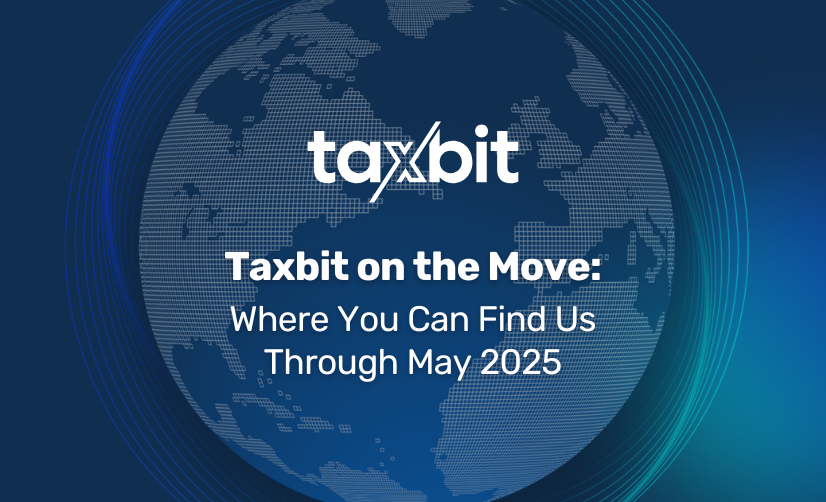Taxpayer identification number collection and withholding
U.S. brokers of capital assets have strict data collection and information reporting requirements to ensure that taxpayers properly comply with their tax reporting obligations. Individuals or entities that are required to file information returns with the IRS must obtain correct taxpayer identification numbers (TIN’s) in order to properly file such returns. Similarly, international cryptocurrency exchanges also have (TIN) collection requirements in order to comply with Common Reporting Standards and FATCA reporting on foreign account holders. Exchanges (which for this purpose includes brokers, lending platforms, interest providers, wallet providers facilitating trades, dividend issuers, etc.) who fail to collect the required information on its users may be subject to mandatory backup withholding.
(i) Information Required to be Collected
Entities who are required to file an information return on a taxpayer are required to collect the necessary information to file the return. All cryptocurrency exchanges must therefore collect the: 1) name; 2) address; and 3) TIN (which is usually the user’s social security number) of its users. Cryptocurrency exchanges and other businesses subject to information reporting are required to list this information on a tax form known as a W-9.

The W-9 tax form must be maintained by the filer, but is not required to be filed by the IRS. Rather, the information collected on the W-9 will be filed with the IRS when filing the applicable 1099 tax form (or foreign equivalent). The vast majority of exchanges have properly implemented strict data collection processes upon onboarding to collect W-9 information.
(ii) Mandatory Backup Withholding
If cryptocurrency exchanges fail to collect TIN’s (typically social security numbers) then they may be subject to mandatory backup withholding on its users. The business facilitating brokering transactions doesn’t generally withhold taxes from these transactions, as it is assumed the taxpayer will report and pay taxes when filing their federal income tax return. Certain information, such as TIN’s, are required fields in order to furnish an information reporting return to the IRS. In addition to the harsh penalties on exchanges for failing to file an informational return, exchanges that don’t have a valid TIN are required to withhold 24% of the gross proceeds on the taxpayer’s transactions for the year.
Mandatory withholding can be unduly harsh due to the IRS requiring 24% withholding on gross proceeds. The withholding rates do not take into account the taxpayer’s cost basis in the assets. Accordingly, the amount withheld will almost always be materially more than what the taxpayer actually owed in taxes. In many cases, taxpayers may have generated capital losses on a cryptocurrency exchange, but are still subject to mandatory withholding due to missing or incorrect W-9 information. Importantly, TIN collection and backup withholding is required for both domestic cryptocurrency exchanges (through the 1099 process) and for foreign exchanges (through FATCA and common reporting standards).
Example on Mandatory Withholding:
- John owns 10 Bitcoin that he purchased for $100,000.
- John sells his 10 Bitcoins for $90,000.
- John realizes $10,000 in capital losses from selling his Bitcoin.
If the cryptocurrency exchange did not collect the required W-9 information then it must withhold 24% of John’s gross proceeds. In this circumstance, the cryptocurrency exchange would be required to withhold $21,600 (24%of $90,000) of John’s assets. The exchange is required to withhold $21,600 even though John realized net capital losses and does not owe any taxes on his trades. For this reason, it is beneficial to both the exchange and the end user to properly collect TIN’s (SSN’s) on their users.
Conclusion
It is important for cryptocurrency exchanges to comply with their obligation to collect W-9 information on users. It is also beneficial for traders to use exchanges that collect TIN’s (SSN’s) upfront in order to avoid harsh backup withholding rates on their assets down the road. The backup withholding rates on capital asset transactions are unduly high and should not be relied upon. Backup withholding is nearly entirely avoidable by cryptocurrency exchanges employing proper data collection practices and by traders choosing exchanges that employ such practices.








